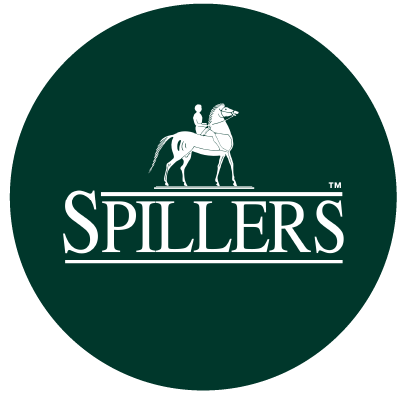If you see the word ‘lite’ when doing your food shop, you will assume it means a reduced-calorie option but can this also be the same for horse feed? In this blog, we look at what a lite balancer offers to help your horse maintain a balanced diet.
Does the Lite balancer have less calories?
On a kilo for kilo basis the calorie (or more correctly the energy) content of a ‘lite’ balancer is often lower than the ‘non-lite’ alternative but, due to the low feeding rate, this makes a negligible difference to the number of calories your horse actually consumes.
The calorie content of your feed or balancer may be listed on the bag or labelled as ‘megajoules of digestible energy per kilogram or ‘MJ DE/ kg’. When you consider that most balancers are fed at a rate of just 500g per day for a 500kg horse, it really makes little difference whether the balancer you choose contains 9MJ DE/ kg or 12 MJ DE/ kg.
Regardless of the manufacturer, balancers typically contribute just 4.5-6 MJ DE to the total diet vs. a daily requirement of approximately 84 MJ for a 500kg horse in light work.
| Energy (Mj DE/KG) | Daily ration for 500kg horse (kg) | Energy per daily serving (Mj) | |
|
Spillers Original Multi Balancer |
9.5 | 0.5 | 4.75 |
| Spillers Lite + Lean Balancer | 10.5 | 0.5 | 5.25 |
| Average meadow hay | 8 | 7.5* | 60 |
| Spring grass | 11 | Up to 25kg (dry matter) | Up to 275 |
*minimum recommended daily feeding rate for a horse without grazing on a dry matter basis (equates to approximately 9kg ‘as fed).
Why should you consider a lite balancer?
Additional benefits of using a 'lite’' balancer differ by manufacturer, so if you're unclear, call their helpline for assistance. SPILLERS Lite + Lean Balancer contains a high level of lysine and is specifically intended for horses and ponies on restricted diets. It also includes magnesium, FOS, and cinnamon to aid in the maintenance of a healthy metabolism.
What is lysine and why is it important
Lysine is an essential amino acid, which supports many areas of horse health including a healthy immune system. Lysine is considered the most important essential amino acid and is also the one most likely to be deficient in the horse’s diet. UK forage is typically low in lysine and may not meet requirements even when fed ad-lib. If protein and in particular lysine requirements are not met, the body will need to break down lean tissue (muscle) to meet requirements. In addition to compromising your horse’s topline, burning muscle instead of fat eventually slows metabolism.











